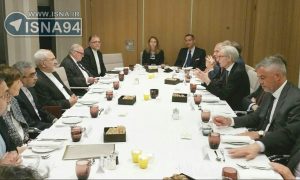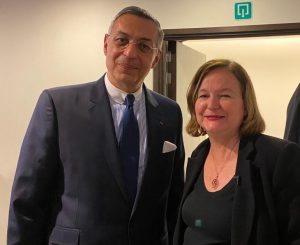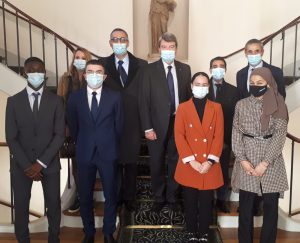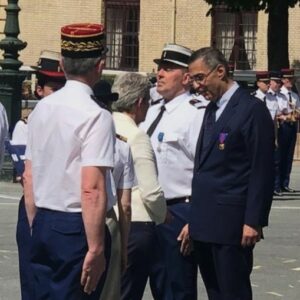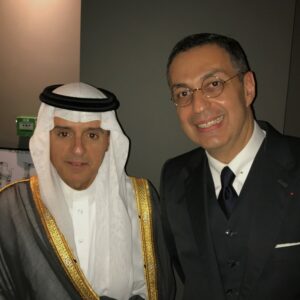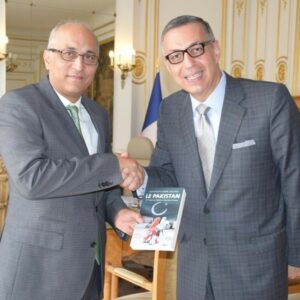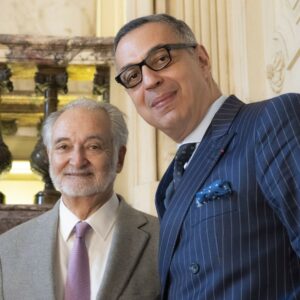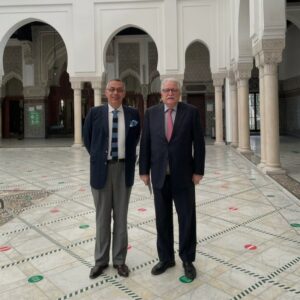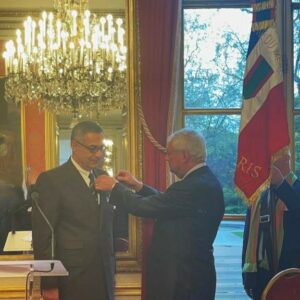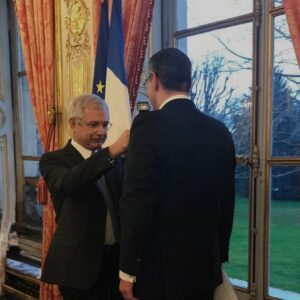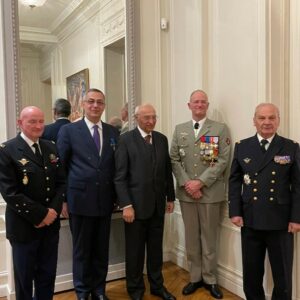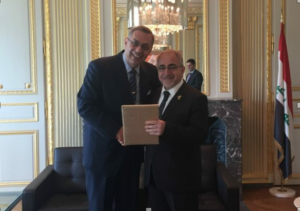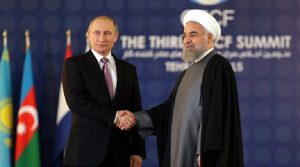
The Russian Deputy Foreign Minister Sergei Ryabkov recently told CNN in an interview that Israel’s security is one of Russia’s “top priorities.” When the interviewer asked him how this could be, given that Russia is allied with Iran in Syria, the Deputy Foreign Minister said, “I wouldn’t use this type of words to describe where we are with Iran. We are working together with them and … they were very helpful when we convened the National Congress of the people of Syria in Sochi, but we do not see at any given moment completely eye-to-eye on what happens.” Ryabkov then went on to talk about Russia’s efforts to persuade Iran to withdraw heavy equipment from the Israeli-Syrian border last year to ensure Israel’s security.
I give the exact quote because anyone who thinks Russia and Iran are allies, and especially the Iranian government, should read it in full. This is not a soundbite taken out of context that is misconstruing Ryabkov’s words. This is a very open commitment to the security of Israel, in complete disregard and to the detriment of the interests of Iran. And this is not the first time: Russian President Putin expressed the same position to the Americans last summer when he told them that he does not have the same interest as Iran in Syria, and that he would like to talk about ways to get them out. One would think Iran and Russia’s ostracization by the West for decades would make them natural allies. However, Russia has rarely (if ever) defended Iranian interests. It certainly did not stop then-President Dimitry Medvedev from acquiescing to a UN Security Council resolution in 2010 and signing a decree banning the export of arms to Iran, for example. Trade between the two remains lackluster. Indeed, one cannot claim Iran ever gained much from this so-called alliance.
Furthermore, “we do not see at any given moment completely eye-to-eye” is an understatement for what is happening in Syria at the moment. It is not widely reported in the news, but tension between different military bodies fighting in Syria, some backed by Iran and others by Russia, has recently boiled over to the point of open confrontation. The two main characters in this dispute are Suheil al Hassan, who commands the elite Tiger Forces and is backed by Russia, and Maher al Assad, who is President Bashar al Assad’s brother, leads the 4th Division, and is known to represent Iran’s interests in the Syrian leadership. Heavy clashes have been reported between the forces of both sides in the past few weeks, while Moscow has allegedly repeatedly refused Maher al Assad’s requests for a meeting. News broke this week that Russian forces had also blown up bridges on the Euphrates River held by Iranian militias. This does not exactly sound like the outcome of a healthy alliance.
Syria would do well not to rely on Russia either, even though the reason Russia launched military operations in Syria was ostensibly in response to a request for help from President Assad. Recall the incident last September, when Syrian air defenses accidentally shot down a Russian military plane while defending against an Israeli attack. Russia blamed Israel and, two weeks later, provided Syria with the S-300 missile defense system, almost as a punishment for Israel for the incident. However, Russia does not seem to want Syria to use the system if it clashes with its own interests (which evidently include the security of Israel), in which case it is worth nothing when its utilization is supposed to be dependent on Russian foreign policy priorities and not on those of their owner, Syria. Furthermore, the S-300 system and its placement in Masyaf raises questions about Russia’s intentions. First, Israel knows this system well and, together with Israel’s military experience and capabilities, it is unlikely to pose a formidable threat to its operations in Syria. Second, the S-300 system is stationed in Masyaf, in northwest Syria, quite far from southern Syria where most of the Israeli strikes have been targeting, and pushing the maximum range of the system’s capacity. Russia does not need these S-300s to be in Masyaf for its own protection either – Masyaf is about 50 km from Hmeimim air base, which is far better equipped (with S-400s, among other layers of defense) than anything the S-300 could contribute. So why put them in Masyaf? The only logical conclusion is that the delivery of the S-300 system was more a jab at Israel, a symbolic rebuke in response to the airplane downing incident, rather than a serious attempt to curb Israel’s operations against Syrian and Iranian military targets in Syria. Its proximity to Hmeimim means Russia can keep an eye on it, and it is unclear to what extent the Russian forces will turn its operation over to the Syrians anyway.
Thus, it does not appear that Russia is serious about helping Syria defend itself. In Iran, it sees a rival for influence in Syria. It is clearly not on Syria and Iran’s side when it comes to Israel – Iran’s top security threat and priority. Russia’s general intentions in the region are clear. If Russia actively pursues this path, then it will inevitably clash with Iran.
Russia and Iran won Syria together. Now they are competing for the spoils. Iran must rethink its strategy of alliance with Russia. The writing is on the wall, and the sooner Iran comes to this realization, the better.
By Ardavan Amir-Aslani



